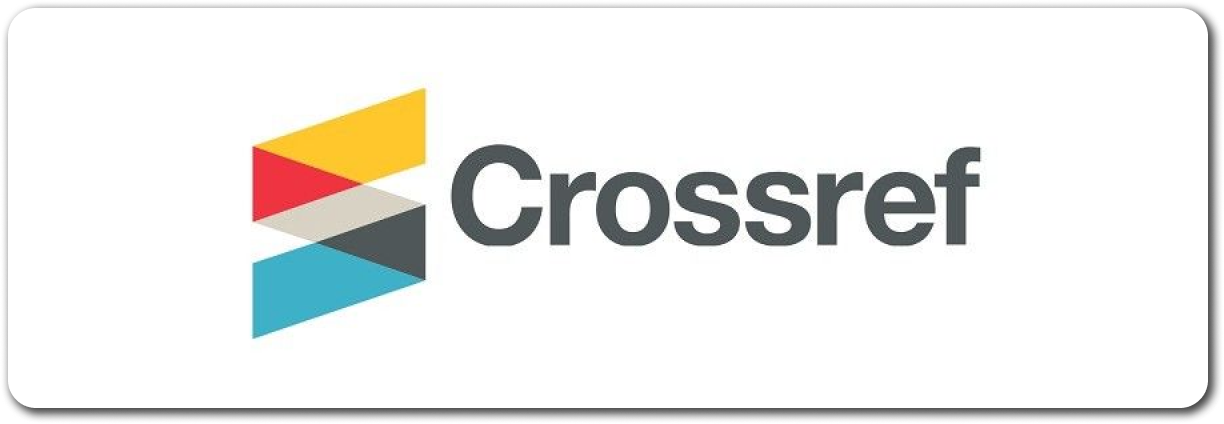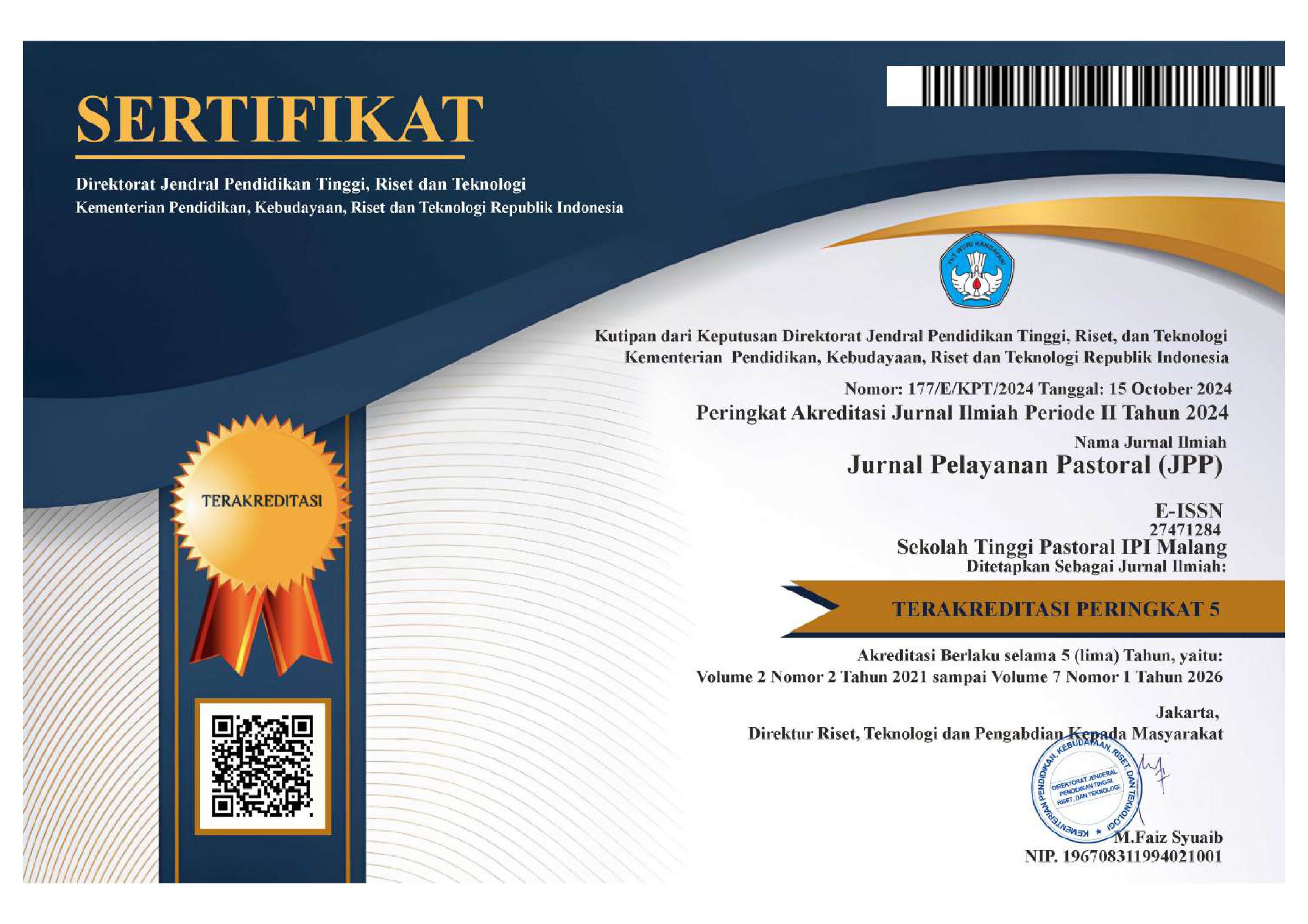Penggunaan Permainan Puzzle untuk Mengenalkan Warna Dasar Primer bagi Anak Tunagrahita Sedang
DOI:
https://doi.org/10.53544/jpp.v6i1.677Keywords:
Basic color, Mental retardation, PuzzleAbstract
Justine has moderate intellectual disability who still has difficulty recognizing and distinguishing the basic colors red, yellow and blue. The aim of this study is to introduce basic colors using puzzle games. Data collection uses observation. The data obtained are analyzed using descriptive statistics and displayed in the form of tables and graphs. The components analyzed are analysis in conditions and analysis between conditions. The type of research used is quantitative research of the experimental type with a single subject research method or known as single subject research with an A-B-A (Baseline-Intervention-Baseline) design. In the baseline-A1 condition, it was carried out for three sessions and was given a score without intervention, in the intervention condition there were six sessions with intervention and was given a score then repeated again in the baseline A-2 condition with three sessions without intervention. The results obtained in the baseline A-1 session, the average score was 25% which means that children still often make mistakes in naming colors. In the intervention condition there was progress in the 3rd intervention, namely obtaining a score of 75% and there was progress where on the last day of the intervention obtained a score of 100% which means that children can recognize basic colors. To ensure that the ability to recognize colors is already possible, a recheck was carried out for three sessions and the results obtained were 100%. Thus, it can be concluded that the puzzle game method is effective for introducing basic colors to children with moderate intellectual disabilities.
Downloads
Published
How to Cite
Issue
Section
License
Copyright (c) 2025 Jurnal Pelayanan Pastoral

This work is licensed under a Creative Commons Attribution-NonCommercial-NoDerivatives 4.0 International License.
All articles published in the Jurnal Pelayanan Pastoral (JPP) are licensed under the Creative Commons Attribution 4.0 International License (CC BY 4.0). This license allows anyone to copy, distribute, display, and adapt the published articles, for both commercial and non-commercial purposes, as long as proper credit is given to the original author(s) and the source.
By publishing in JPP, authors agree that:
- The article may be reused by others under the terms of the CC BY 4.0 License, provided appropriate attribution is given.
- Authors retain their moral rights to the published work.
- The Jurnal Pelayanan Pastoral (JPP) encourages authors to share their work through institutional repositories, personal websites, and other academic platforms.
For more information, please visit the official license page: https://creativecommons.org/licenses/by/4.0/















